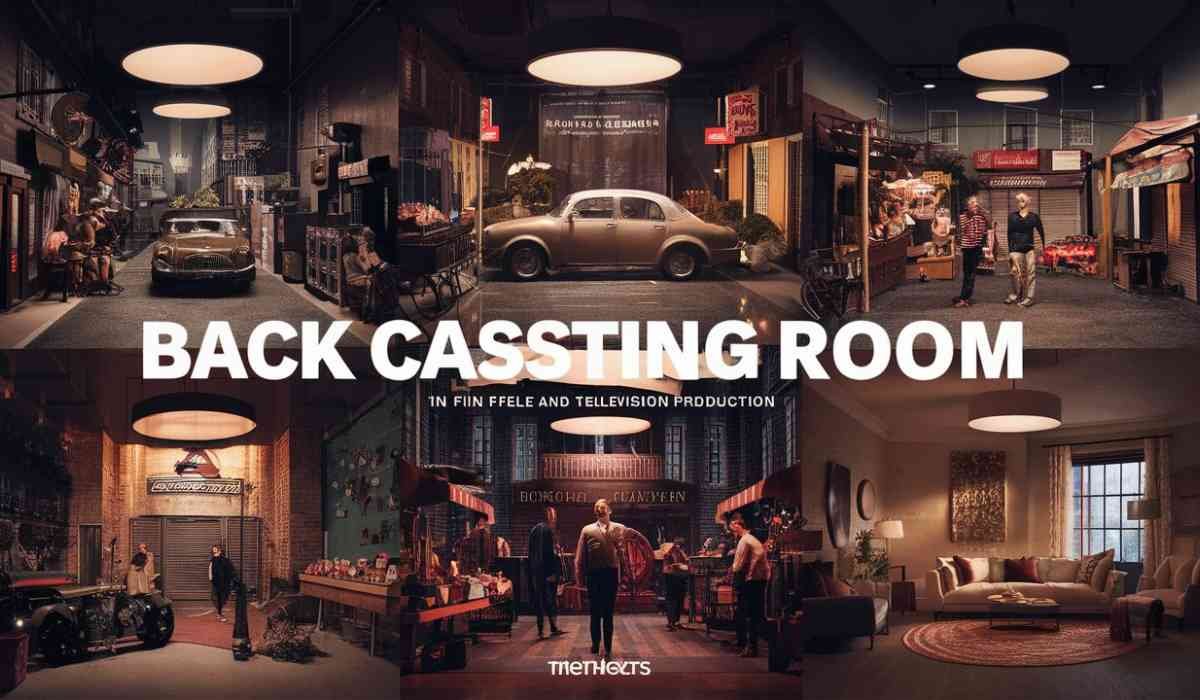Starting a business sounds exciting, until you hit that moment where you realize just how risky it can be. New product, new market, new systems, you’re building from scratch. That’s why so many people look into franchising. It’s a way to go into business for yourself, but not by yourself.
Still, even with a franchise, not every opportunity is created equal. Some are more proven. Some are flash-in-the-pan. And some have a much higher chance of success than others.
So how do you figure out if franchising is right for you? And how do you spot a low-risk, high-demand business that’s actually worth your time? Let’s dig in.
First: Are You a Franchise Type?
You don’t need to be a business expert. But you do need to be okay following a system. That’s what makes franchising work. You’re stepping into a business that already has proven processes— branding, marketing, training, operations, all mapped out. The flip side? You don’t get to do everything your own way. If you’re cool with structure and like working within a playbook, franchising can be a pretty smooth ride. But if you’re constantly itching to reinvent the wheel, you might feel boxed in. That’s worth knowing before you dive in.
What Makes a Franchise “Low Risk”?
Let’s be real, no business is risk-free. But some come with way fewer unknowns.
Here’s what tends to lower risk in the franchise world:
- Established brand with a solid reputation
- Clear training and support for new owners
- Reasonable startup costs
- Ongoing demand for the product or service
- Scalable model— so you’re not stuck with just one location or market
Franchise consultants at Franchoice say, “A good franchisor should also give you real data.” Think: success rates, average earnings, itemized startup expenses. If they can’t or won’t share that? Red flag.
Where’s the Demand?
This is the other half of the equation. You want something people already need or want— something tied to long-term trends, not passing fads.
Some of the highest-demand, lower-risk franchise categories right now:
- Home services
- Senior care
- Health and wellness
- Child education and tutoring
- Pet services
These industries have a few things in common: recurring customers, consistent demand, and room to grow. That’s what you want when you’re trying to reduce risk.
A Few Things to Ask Before Choosing
- How much time do I want to spend in the business?
- What’s my realistic budget for startup and working capital?
- Am I more drawn to a service or a product?
- How long can I wait to be profitable?
These answers can help steer you toward the right model. For example, home-based franchises often cost less up front. Service businesses may reach profitability faster than brick-and-mortar. Some categories need full-time attention, others don’t.
There’s no perfect formula, but there is a right match for your goals and lifestyle.
There are literally thousands of franchises out there. It’s overwhelming. That’s why it helps to work with a franchise consultant. They’ll get to know you, then connect you with solid brands that fit your budget, interests, and timeline. Saves a ton of guesswork and second-guessing.






